Two consecutive wins to start the season! A fake and pseudo-strong team?
1:30am, 29 October 2025Basketball
In the 2024-25 season, the Bulls missed the playoffs with 39 wins and 43 losses. Even though the team transformed into the league's second-fastest offense-defense transition team and the league's third-fastest offensive team in three-point attempts, the team still struggled to qualify for the playoffs due to poor defense.
As for the new season, after giving up LaVine, the Bulls entered an embarrassing stage, unable to get high-ranking rookies and failing to reach the playoffs.
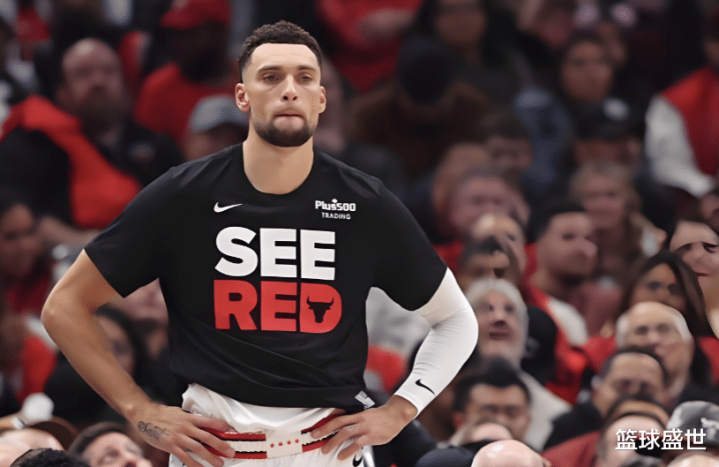
For the Bulls, the primary problem lies in the management and coaching team. General Manager Everis and team president Karnisovas have cooperated since 2020. Looking at the operations in the first five years, they are absolutely mediocre.
A brief review of Everest's draft operations. Pavey, who was ranked fourth in the first round in 2020, has now become a useless piece worth 90 million in five years. Insider Simonovic was given up in the second round; Dosunmu was a bright spot in 2021, but it was limited to a role; Darren Terry in the first round in 2022 grew too slowly; Phillips in 2023 has defensive talent, but it is not enough to fill the offensive shortcomings.
Taken together, the Bulls' draft success rate is really too low, and even the value of the second round is more useful than the first round. What's more serious is that the Bulls' top brass doesn't seem to be aware of this wrong approach.
In 2024, Buzelis, selected with the 11th overall pick, was considered an all-around forward, but the following year, the 18-year-old Essenger was selected with the 12th overall pick. For this forward at the same position, at this stage, the upper limit is not enough for Buzelis, and the training time may be longer. This kind of draft operation is really difficult to understand.
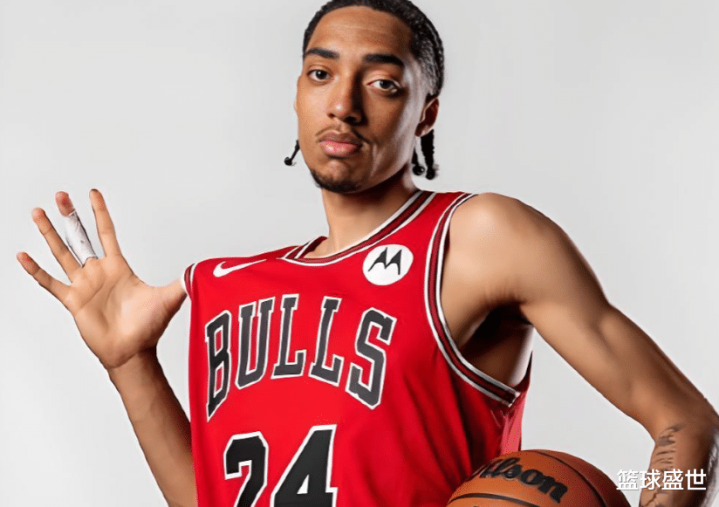
Looking at the transaction, DeRozan was hesitant during the contract year, and finally signed and traded to let him go, only to get Duarte back, with some additional cash and the second round; Caruso, who was the most valuable, was exchanged for Guidi alone, facing Ray, who had a lot of draft picks. Ting did not get any draft chips; LaVine's deal was not completed until 2025; Vucevic was supposed to be sent away when his value was at its highest the year before, but the result was delayed again and again; Ball returned to the team to renew his contract after recuperating for many years, and in the offseason they replaced Okoro, who failed to realize his potential.
It is this kind of hesitation that caused the Bulls to miss many opportunities. What is even more fatal is the senior management's swing in the team's positioning. They neither dare to completely waste their accumulated draft picks, nor are they willing to make bold operations to gain immediate combat effectiveness. The result is a cycle of reincarnation year after year, which not only wastes the peak of LaVine and DeRozan, but also delays the growth of young players.
Looking at it after so many years, will the new season be an opportunity for the Bulls?
At present, it is probably still not optimistic.
In addition to the management, coach Donovan is also a key part. Judging from his coaching resume, although he is an excellent coach, he is by no means a master tactician in training new players.
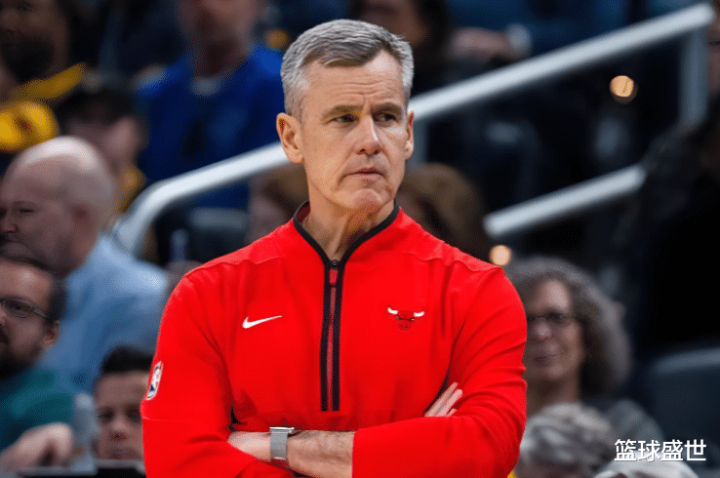
During his time at the University of Florida, he led the team to win two NCAA championships. The Thunder also had an excellent record. He also had a good relationship with star players such as Westbrook, George, and Durant. But the Bulls' problems are obvious. There are not enough stars on the team, the main point Ball has been absent for a long time, the team lacks an organizational core, and the management has made frequent mistakes, resulting in no one available to him for many years.
Taken together, Donovan's shortcoming lies in the training of new players, and what he needs more is to acquire mature talents that have already taken shape.
Pavey is the best case. This newcomer, who was once rated as Leonard's template, is still in the development stage after five years under Donovan; newcomers such as Terry and Phelps have also not made significant progress. While Donovan can't be entirely blamed, it illustrates his limitations as a developmental coach.
In 2025, Donovan will be inducted into the Hall of Fame, but this honor is only for his NCAA period, not the NBA period. The Bulls have no superstars available, and no stable system to make up for their talent shortcomings. So, what we see is a team that looks good on the surface, but stays in the same place year after year.
Looking at the lineup list again, even if the season starts with a winning streak, it will be difficult to make up for the team's structural problems:
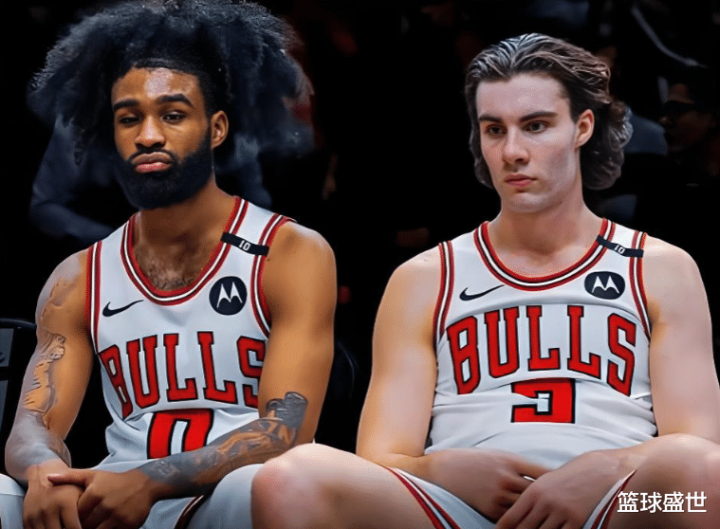
False backcourt double shot
The duo of White + Gidi played 1,262 minutes together last season, with a net efficiency value of -1.5, and a defensive efficiency of 114 is not considered qualified. On the surface, it seems quite suitable. Gidi averaged 14.6 points, 8.1 rebounds and 7.2 assists per game, and his three-point shooting percentage improved to a career high of 37.8%; White maintained an output of 18 points per game and a true shooting percentage of 53.3%.
Besides the book data, this duo has many problems. First of all, both of them have shortcomings in defense, and what is even more worrying is that both of them prefer scoring rather than organizing, and lack the value of top commanders.
Facing the Pistons in the first game of the season, White was absent due to injury. Giddy posted a double-double of 19 points and 11 assists, but 6 turnovers were enough to show his instability. Facing the Magic in the second game, Giddy scored 21 points, 8 rebounds and 3 assists. After White was absent, Giddy took over the main point and relied on quick transitions and organization to drive the team. Although the offense has improved, the defensive problems remain.
Obviously, when he plays well, he can indeed drive the whole team, but if the opponent targets defense, his mistakes will increase greatly, and defensive loopholes will be infinitely targeted.
This pairing may be able to play an advantage in transition offense, but it is not a backcourt configuration for the playoffs. Due to restrictions on playing style and defense, the flashy route will probably continue in the future, and defensive problems will continue to exist.
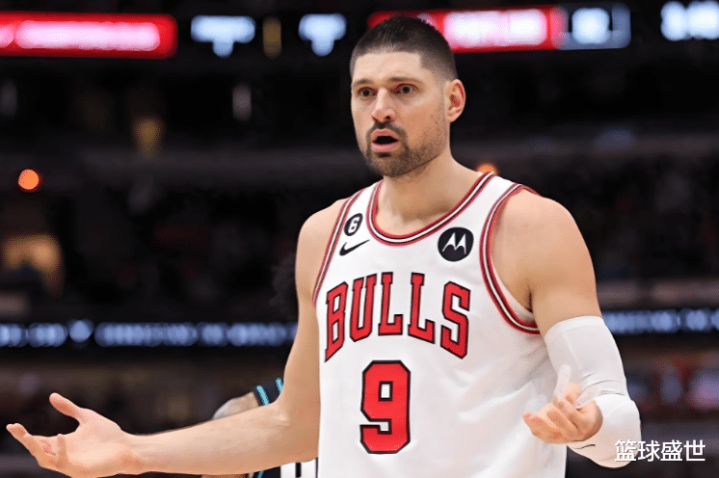
Does Vucevic still want to trade?
The 35-year-old Wu Qie had the most efficient performance of his career last season, averaging 18.5 points and 10.1 rebounds per game, with a team-high true shooting percentage of 61.1% and a career-high three-point shooting percentage of 40.2%. In the first game against the Pistons, he scored 28 points and 14 rebounds, answering the doubts with a perfect performance. But how long will such high performance last?
An expiring contract with an annual salary of 20 million theoretically has certain trade value, but this is not the case in reality. The age of 35 is enough to dissuade many championship teams. The defensive end will also be targeted in the playoffs. The trade may only be able to exchange for a few second-round or marginal players..
In the first two games of the season, he has been able to show his duality. The offense is efficient and stable. He is still a qualified center who can shoot three-pointers and grab rebounds, but his defensive shortcomings are still difficult to respond to.
For a rebuilding team, retaining a 35-year-old veteran center with obvious defensive shortcomings is not a long-term plan after all.
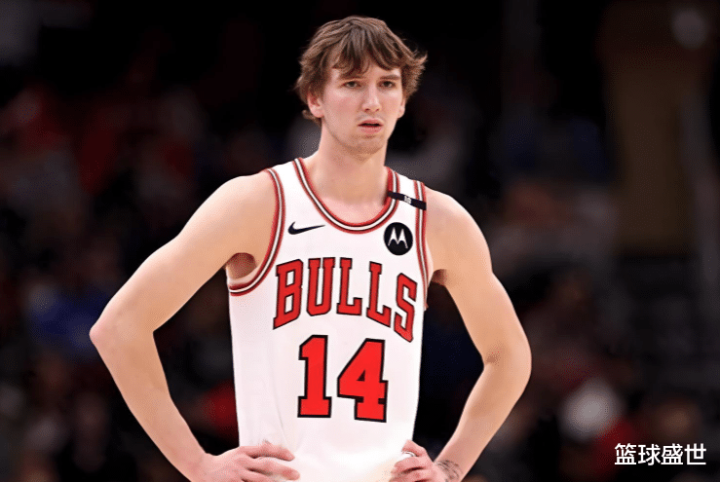
Buzelis' future
The young forward showed potential in his rookie season, starting 31 of 80 games and averaging 8.6 points and 3.5 rebounds per game. He averaged 13 points and 4.5 rebounds per game as a starter and was successfully selected to the All-Rookie Second Team.
In the first game of the new season against the Pistons, he efficiently contributed 21 points, 6 rebounds and 3 blocks. However, the second game against the Magic was sluggish. Star forward Banchero was completely suppressed. Foul problems caused him to leave the game with 6 fouls in only 12 minutes. He only scored 3 points and 3 rebounds in the game.
This is a realistic enough lesson. Facing a star forward as a 21-year-old rookie, Buzelis still has a lot of room for improvement in defensive confrontation and foul control.
The preseason averaged 17.6 points per game and 21 points in the first game. These data are indeed outstanding, but the sample is still too small, the offense and defense fluctuate too much, and the three-point shooting rate is not stable enough. Especially the strength against top forwards needs to be tested.
It is expected that Buzelis can enter the starting lineup this season and his average playing time per game can be stabilized at more than 30 minutes. However, if the three-point shooting rate cannot be stabilized at more than 37% and fouls cannot be controlled, his future is likely to repeat the same mistakes as Pavey.
At present, Buzelis is still the only talent worth looking forward to in the Bulls, but it still needs another season to test. And even if they perform well, they alone are not enough to support the reconstruction.
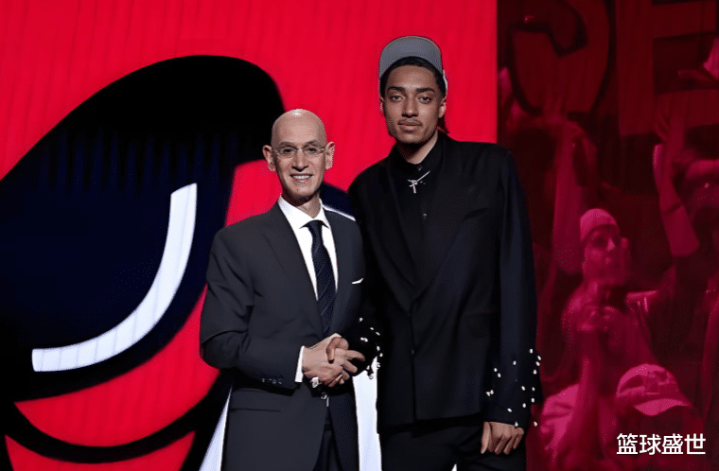
Noah Essenger's Bet
The 18-year-old forward had a disaster in the preseason, averaging 3.8 points and 1.8 rebounds per game. He has not played in the season so far. With his current state, he may need to adapt to the Development League for a period of time.
For the contemporary NBA, the upper limit of unprojectable wings is limited, and it will take at least two or three years for Essenger to become a rotation. From a more pessimistic view, he will stay in the Development League most of the time, appear occasionally in garbage time during the regular season, and then be traded or given up directly after three years.
The Bulls used the 12th pick in the draft year to select a player with a high risk of development. When the team entered the rebuilding period, they did not dare to mess around and compete for a high pick. This half-hearted draft strategy fully reflects the mediocre vision of the management.
The illusion of the inside
Collins missed a month due to injury, which is a big problem for the Bulls inside. Although his statistics after moving to the Bulls seem to be good, judging from his three-point shooting percentage, limited space ability, and injury history, it is still unrealistic to expect him to provoke the penalty area.
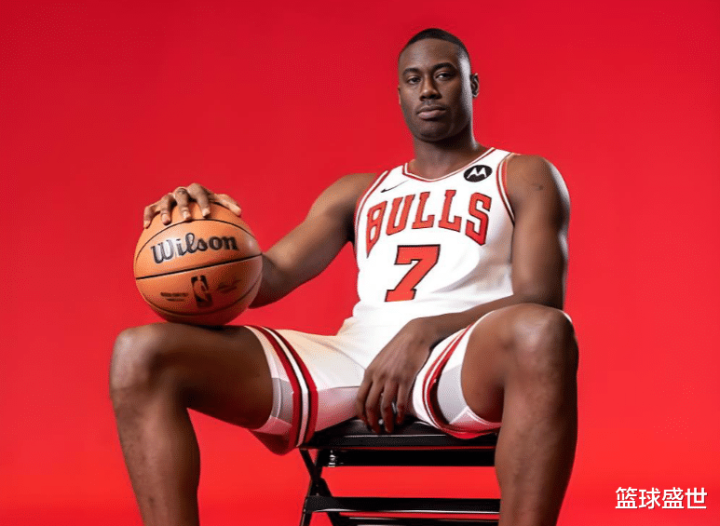
Collins was absent from the first two games of the season, forcing Vucevic to play 32 and 29 minutes. For a 35-year-old veteran, this is not good news.
After Wu Qie, Jaylen Smith got some opportunities. Last season, he averaged 8.2 points and 5.6 rebounds in 15 minutes per game, with a true shooting percentage of 58.6%. In the first game of the new season, he played 17 minutes with 4 points, 4 rebounds and 2 blocks. He played a responsible defense but had no sense of presence offensively. In the second game, he had 16 points and 3 rebounds. Although it was not outstanding, it at least proved that he was capable of taking on the inside rotation.
Just from the perspective of the game, Jaylen Smith's small outburst is more due to the fatigue of the Magic's consecutive games, and the foul problem of Buzelis who only played 12 minutes. It remains to be seen whether it can be stable in the future. But even if Smith enters the rotation, the Bulls still lack height in the penalty area. Facing the Eastern Bucks, Cavaliers, and 76ers, it is still difficult to have an advantage.
Are the trades between Huerter and LaVine equivalent?
The 26-year-old Huerter should have been at the peak of his career, but in the 2024-25 season he averaged only 7.9 points per game and shot 30.2% from three-point range. All statistics were career lows. Compared with the annual salary of 17.9 million, it is an absolute premium. What's worse is the defense. The possibility of returning to his peak in the future is extremely low, which also makes his trade value continue to decline.
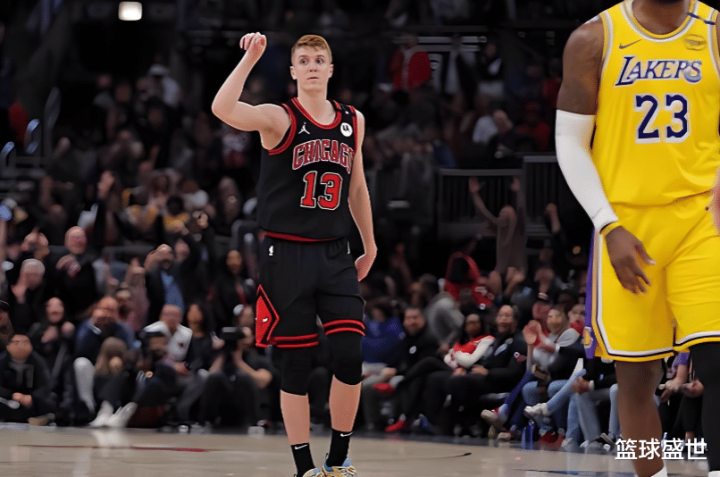
In the second game against the Magic, Huerter had 11 points, 7 rebounds and 6 assists. Although the three-pointer was still not online, he showed a certain value in organization, rebounding and defense. Is this performance worth an annual salary of 17.9 million?
The answer is obviously no.
It should be noted separately that taking over Huerter is the price the Bulls paid for sending away LaVine and getting back the 2025 first-round pick. The purpose of the management is to clear salary space and recover draft picks, and Huerter is the first choice to achieve the transaction target. The performance does not affect the rebuilding value of this transaction for the Bulls. Instead, more attention should be paid to the first round in 2025.
Judging from the first two games of the game, even if Huerter is not a stable three-point shooter, he can still be regarded as a qualified rotation. The most likely outcome is to give him away with his expiring contract and draft picks, paving the way for the Bulls to rebuild.
The lesson of 90 million Paway
His field goal percentage was 39.7%, a career low, his true shooting percentage was 51.2%, his defensive efficiency was 117, the lowest among the players who played more than 1,000 minutes on the team, and his game contribution was almost zero. This was Pawei's report card last season.
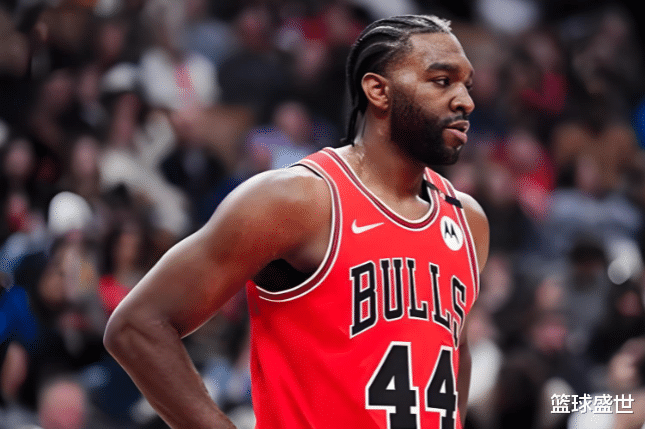
A five-year contract of 90 million may seem inexpensive, but it is a premium for a blue-collar insider who averages only 9 points per game. What is even worse is that his transaction value has dropped to the lowest point.
Facing the Pistons this season, Paway came off the bench for 27 minutes and delivered 15 points, 5 rebounds and 2 blocks. In the second game against the Magic, after Buzelis encountered foul trouble, Paway seized the opportunity to play 28 minutes and contributed 12 points, 5 rebounds and 4 assists. Compared with the short-term data recovery, what is more important is the offensive and defensive value. He fell to the ground to grab the ball, the quarterback's long pass after grabbing the rebound, and the breakthrough kill after the fake move. These highlights made people see his potential value.
This is what people love and hate about Pavey. He has qualified wing height, athletic talent and defensive potential, but he has never been able to consistently realize his talent.. In the two games, he averaged 27.5 minutes, 13.5 points, 5 rebounds and 3 assists, and a shooting percentage of 40.9%. Such data is by no means outstanding for a fourth-overall lottery pick, although it has improved from last season.
So, is it a breakthrough or a flash in the pan?
As Pawei enters the sixth season of his career, everyone is still waiting for him. Perhaps Game 2 proved that Pavey can fill the void, which is good news for the Bulls' bench rotation. If he can maintain high efficiency as a substitute, then this 90 million contract is not bad, but judging from the past few seasons, the higher the expectations, the greater the disappointment.
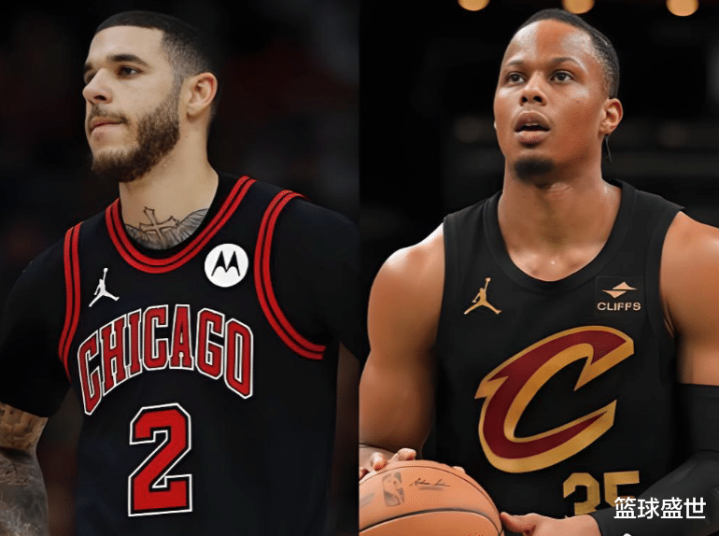
Okoro, the second Pawe?
Last season, Okoro played a good offense during the Cavaliers period, but in the end he was only a second-line wing under the broken defense. The preseason game that came to the Bulls was even worse. In the first game of the season against the Pistons, he scored 0 points, 5 rebounds and 4 assists in 24 minutes; in the second game against the Magic, he scored 0 for the second consecutive game and had 4 fouls, which limited him to only 21 minutes.
In reality, even if he is willing to defend, it still cannot change that Okoro is a 3D without shooting, and D is not very good.
Okoro and Pawei, two high-ranking rookies in 2020, are both tragic cases of failing to realize their talents. It may be God's will to reunite in Chicago; if Okoro has a few more zero points, Pawei may return to the starting lineup.
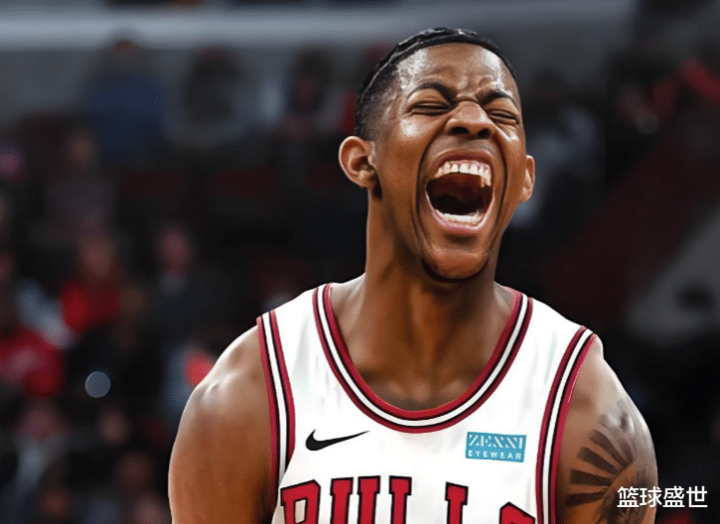
Terry vs. Phillips
Terry averaged 12.1 minutes per game last season. His growth has stopped, his offense has no highlights, and his defense is only passable. As for Phillips, his average of 14.3 minutes per game is slightly better than Terry's, with excellent defense but poor offense.
This link has already explained a lot. I originally expected to get at least a stable wing through healthy competition, but it turned into an embarrassing drama of two fringe players competing for garbage time. The two obvious flaws make it difficult to even become a qualified rotation.
This link can also show the Bulls' poor draft development system. From Pavey, Terry to Phillips, the Bulls are optimistic about these potentials, but they are wasting talents.
When the Bulls fail to develop even marginal rotations, then there is basically no need to talk about a reconstruction plan. Donovan is not good at developing rookies, and the management's vision is not good. With this outrageous combination, there is a high probability that more and more young potential will be wasted.
An unpredictable backcourt rotation
Jevon Carter, who is in his contract year, averaged a career-best 13 points per game in the preseason, but it was only limited to the preseason. As for the regular season, the 33-year-old Carter shot less than 40% for two consecutive years.
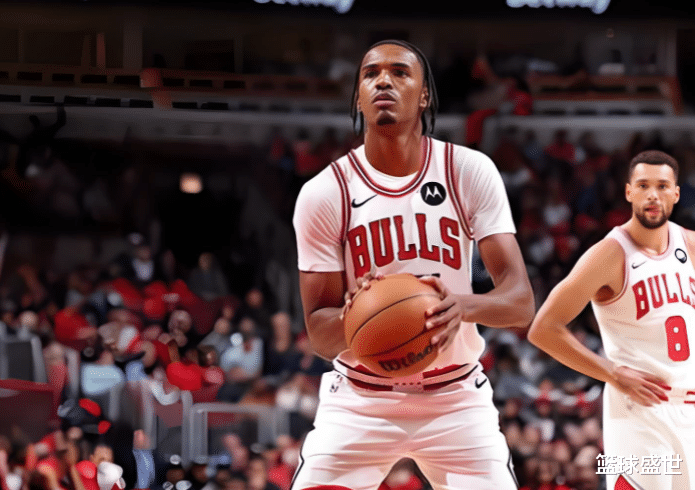
The 26-year-old Tre Jones signed a three-year contract extension of 24 million during the offseason, with an annual salary of 8 million to serve as a backup point guard. He was originally just a salary package player, but there were still many surprises in the first two games of the season. In the first game against the Pistons, he replaced White in the starting lineup and became a surprise player. He scored 12 points, 8 assists and 3 steals in 22 minutes. In the second game against the Magic, he performed a career masterpiece, with 13 points, 8 assists and a career-high 5 steals.
Limited by size and shooting, Jones is unlikely to become a star, but at present, he is definitely capable of becoming a qualified rotation, sharing Gidi's ball-holding responsibilities in organizing offense and tactical execution.
As for Dosunmu, who returned from injury, his performance was stable at the beginning of the season. He scored 14 points, 5 rebounds and 2 assists in the first game, and 15 points, 2 rebounds and 2 assists in the second game. In the absence of White, Dosunmu and Jones shared the backcourt responsibilities, and still temporarily delivered a satisfactory result.
Summarize the Bulls' backcourt rotation: Hidden veteran (Carter) + Proving his salary package (Tre Jones) + Self-selected and qualified substitutes (Dosunmu); if the starting lineup is a combination of offense and defense, such a backcourt rotation may be enough, but in the long run, it is still not enough to compete with playoff teams.
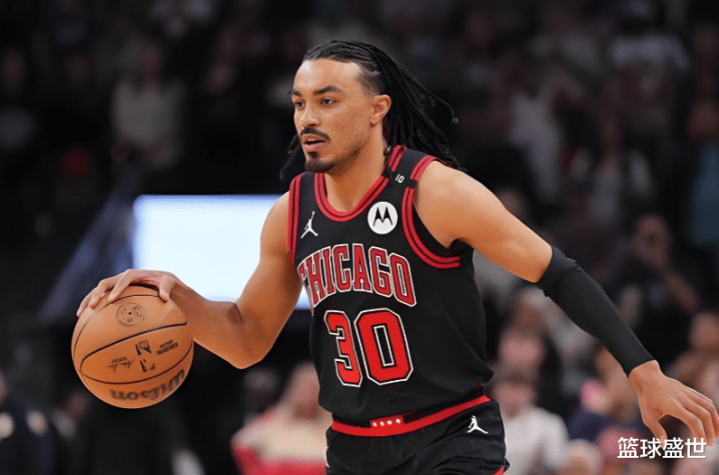
Judging from the second consecutive victory at the beginning of the season, this is the Bulls' first 2-0 start since the 2021-22 season. This result is certainly excellent, but the problems in the process may be far more important than the victory or defeat.
Among them are the highlights of young player Buzelis, the stable output of veteran insider Vucevic, and the unexpected output of substitute rotations such as Pavey, Huerter, and Jones. However, the team's defensive stability is still insufficient. A 23-point lead in the first game was almost reversed in the fourth quarter. The problem of unstable defense for the main players such as Gidi still exists in the face of high pressure, and the foul problem of the newcomers is also quite obvious.
From a team perspective, the Bulls' best upper limit in the new season is still at the edge of the play-offs, while the lower limit is the middle of the lottery. Regardless of the outcome, it cannot be called a proper reconstruction after all.
It is not ruled out that the Bulls can still play some exciting moments in the new season, with gorgeous offensive and defensive transitions, a three-point frenzy with all members firing, and a winning streak at the beginning of the season. However, under these appearances, it is always difficult to hide problems.
For the current Bulls, the most appropriate expectation is not to stumble into the playoffs, but to focus on the growth of the team's young strength, whether the Mesozoic players can continue to perform at the beginning of the season, and whether the management can adjust the reconstruction route, accumulate draft picks, and then show off their talents in the summer of 2026.
Although they have won two consecutive games at the beginning of the season, they are only the first two games of the 82-game regular season. When White returns and the strong teams start to take it seriously, the true strength of this team will be seen.
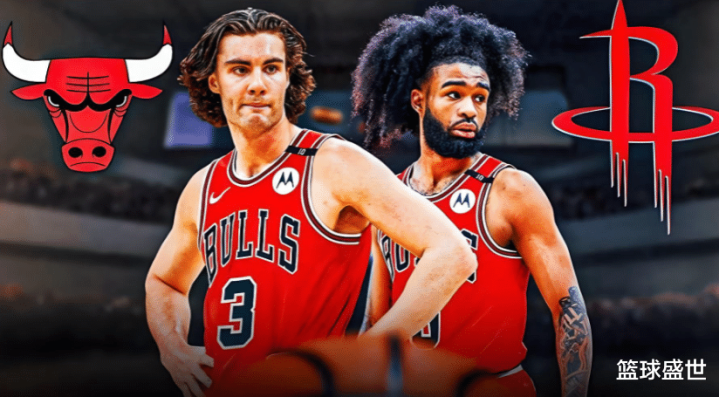
Looking at it now, it is better to remain cautious about this bull, or simply lower the threshold. It would be better to be more pessimistic.
Mini-game recommendations:Police Evolution IdleRelated Posts
- Will not retire! 29-year-old Simmons officially spoke out and broke the rumors and posted photos of happy fishing.
- Brunson knocked down Nesmith, who was defended, was called an offensive foul, and the Knicks failed in the challenge
- The Grizzlies magic operation selects a "new answer" in the backcourt: Coward s three-pointer and defense are urgent needs for the team
- US media: Suns move their target to Whitmore after being rejected by the Rockets
- Antetokounmpo officially returns to the team: I am eager to win another championship and must follow the example of Zhan Du to maintain my body
- Crazy Night! A 10 billion deal was reached, the Rockets officially announced the signing of the contract, Halliburton s injury update
- Durant: I wore the No. 7 and played a lot of good games at the Nets, so I want to try again
- The heroes compete for the United States: Knicks & Nets & Warriors & Heat & Spurs and other teams are interested in Antetokounmpo
- The media boycotted the signing of Westbrook: It s never a solution. Amen is better than him. Stop the unnecessary discussion.
